The Central Bank of Kenya (CBK) has announced the suspension of the Credit Reference Bureau (CRB) listing for loan defaulters owing Ksh5 million and below whose loans were performing previously, but have become non-performing from October 1, 2021.
In a statement on Monday, November 8, CBK stated that this directive will be effective for the period of twelve months between October 1, 2021, to September 30, 2022.
CBK made the announcement in line with the directive by President Kenyatta on Mashujaa Day and was published as Legal Notice No. 225 of November 5, 2021, by Treasury Cabinet Secretary Ukur Yatani, on the recommendation of CBK, pursuant to regulation 18 (7) of the Banking (Credit Reference Bureau) Regulations, 2020 (Regulations).
"Consequently, loans below Ksh.5 million that fall in arrears from October 1, 2021, to September 30, 2022, will not lead to the "blacklisting" of the borrower on the Credit Reference Bureaus (CRBs).
"Further, CRBs will not include in any credit report, any negative credit information for loans of a customer less than Ksh5 million submitted to the CRB from October 1, 2020, to September 30, 2021, for a period of 12 months from October 1, 2021, to September 30, 2022," the statement read in part.
Read More

File image of CBK Governor Patrick Njoroge. |Photo| Courtesy|
This is one of the intervention measures that were announced by President Kenyatta, in light of the exceptional circumstances from the coronavirus (COVID-19) pandemic and in particular aiming to shield Micro, Small and Medium Enterprises (MSMEs) from the adverse impact.
Over the last decade, Kenya has developed a robust Credit Information Sharing (CIS) mechanism for the banking sector.
The mechanism has facilitated the development of a credit history for Kenyans to enable them to access cheaper credit.
This is particularly important for those borrowers who do not have collateral such as title deeds that have traditionally been used to secure credit.
The framework has been strengthened over time, most recently in April 2020, with the issuance of revised Regulations.
The improvements in the CIS are to be seen against a backdrop of two important anchors to strengthen the behaviour of banks.
First, banks are now required to adopt a risk-based pricing approach that considers borrowers' credit reports in the pricing of loans.
Second, CRBs are required to generate borrowers' credit scores that lenders can use to assess their creditworthiness.
It is, therefore, an important tool in ensuring that the banking sector works for and with Kenyans, as was outlined in the Kenya Banking Sector Charter, which was launched in February 2019, by CBK.
An important development was the suspension of the sharing of negative information for a period of six months from April 1 to September 30, 2020, to mitigate the economic impact of the COVID-19 pandemic.
Loans that were performing, but became non-performing during that period would not lead to a "blacklisting" of the borrowers.
In making its recommendation for the suspension to September 30, 2022, CBK was cognizant of the need to balance between providing relief to MSMEs, while safeguarding the effectiveness and sustainability of the CIS framework.
The CIS mechanism aims to bridge the information gap about borrowers' creditworthiness by considering the borrower's credit history and allowing credit to be priced accordingly.
A good credit record demonstrates the borrower's higher creditworthiness and should lead to a lower cost of credit.
"In this regard, the suspension could adversely impact the provision of credit by banks to the target group, as they will be unable to distinguish between the good and bad borrowers during the suspension period.
"This could lead to rationing of credit, as was evident during the period of interest rate caps from 2016-2019," the statement read.
The suspension is therefore targeted to rope in the MSMEs and for a specified duration that will provide space to turn around their businesses.
Accordingly, CBK recommended a threshold of a loan amount of Ksh5 million and below, that will capture the targeted MSMEs.
Further, a period of one year for the suspension is a reasonable period for the MSMEs to restore their businesses.
CBK urged borrowers to fulfil their contractual obligations on a timely basis and engage their lenders in case of any concerns.
"CBK will continue working with all stakeholders to ensure that the CIS mechanism works for and with Kenyans, and in line with global best practices," the statement concluded.
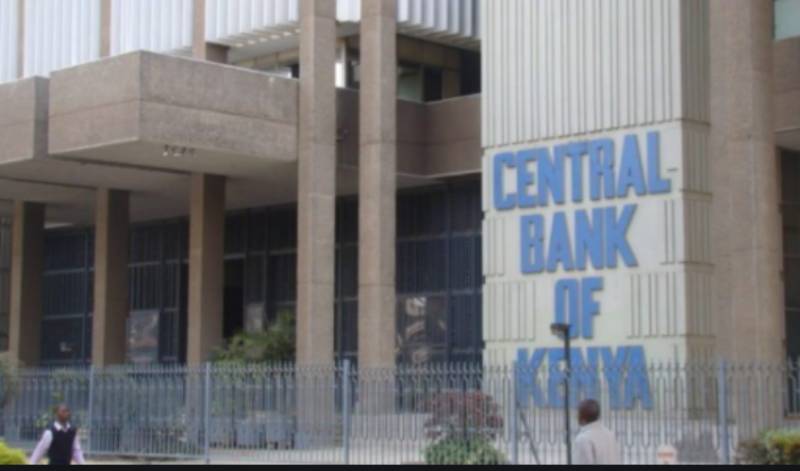
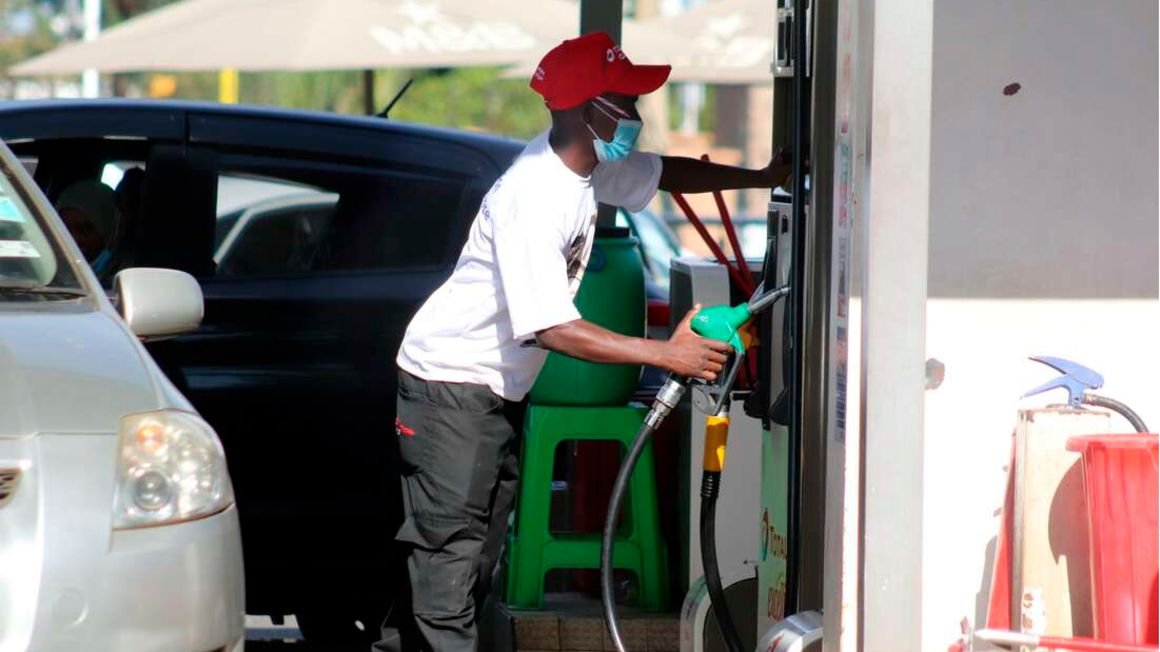
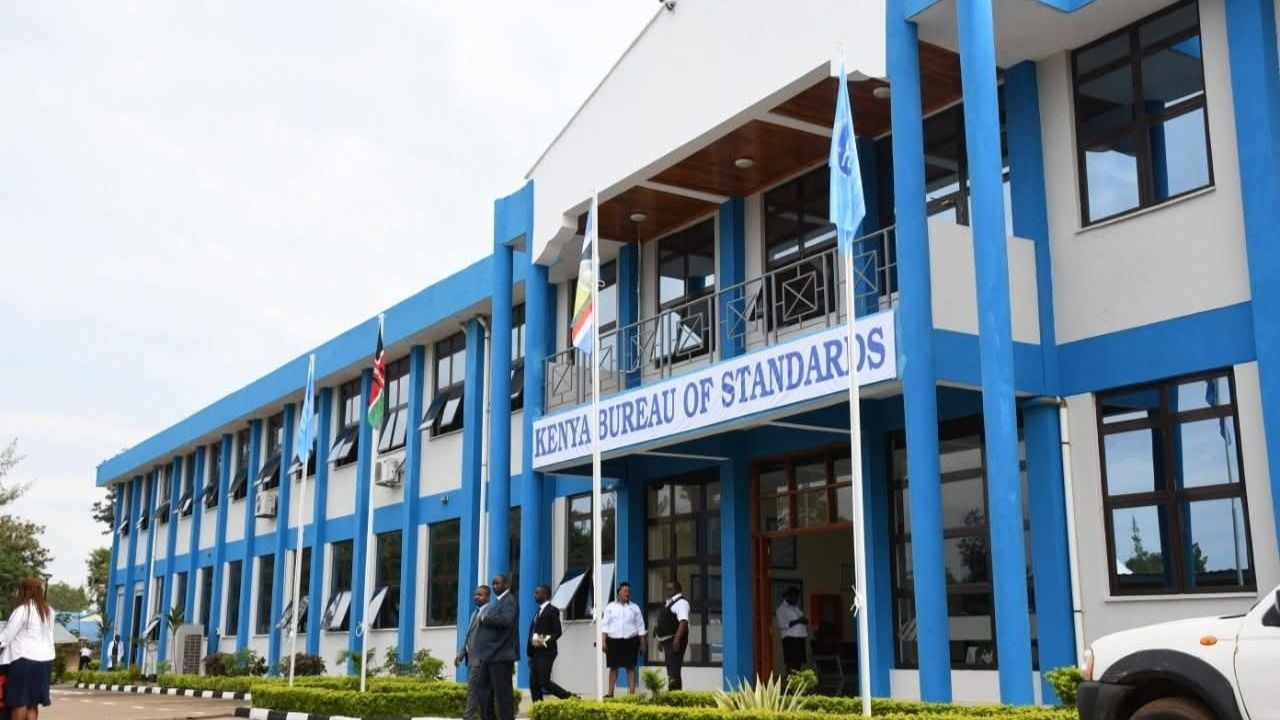

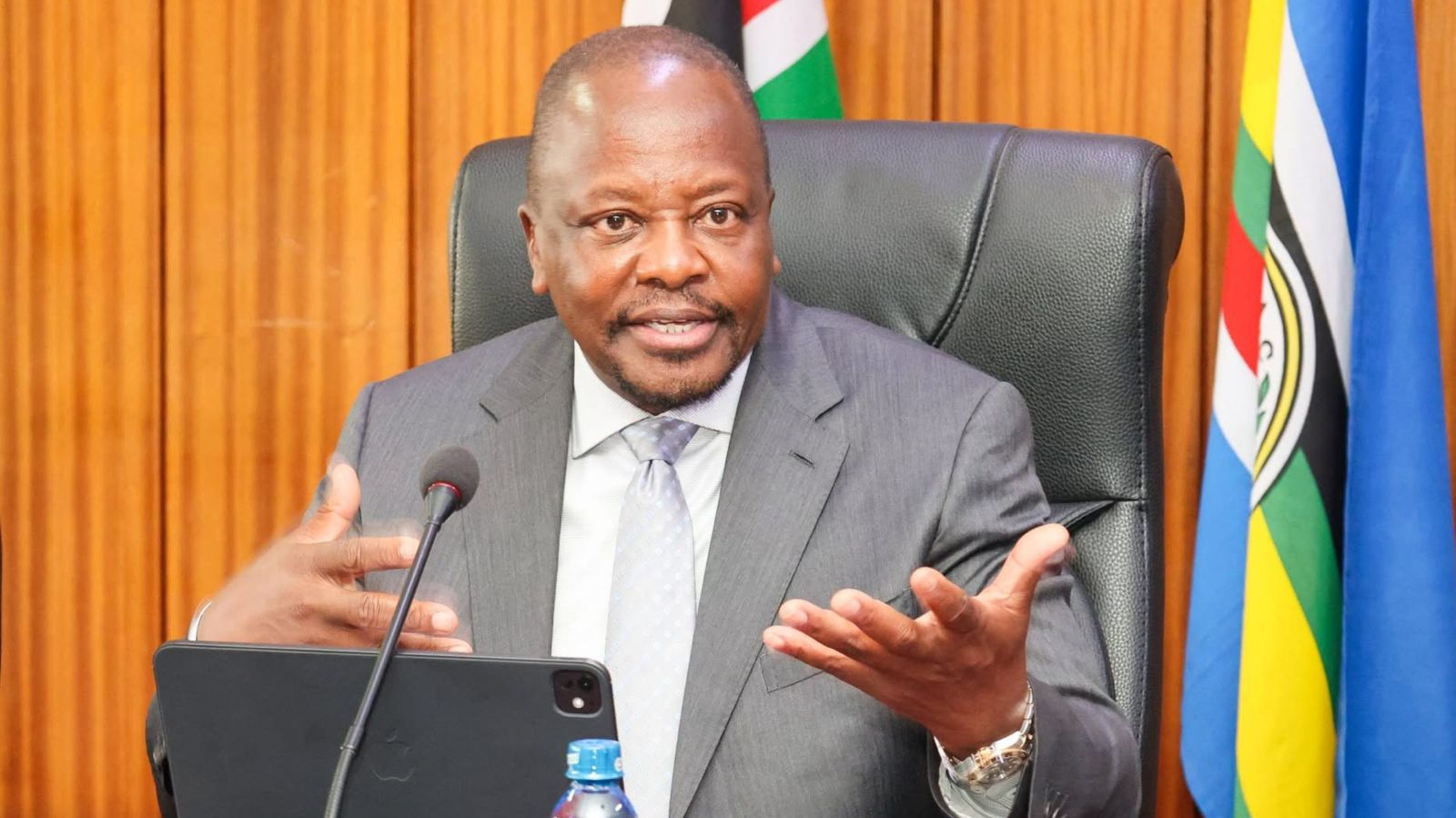
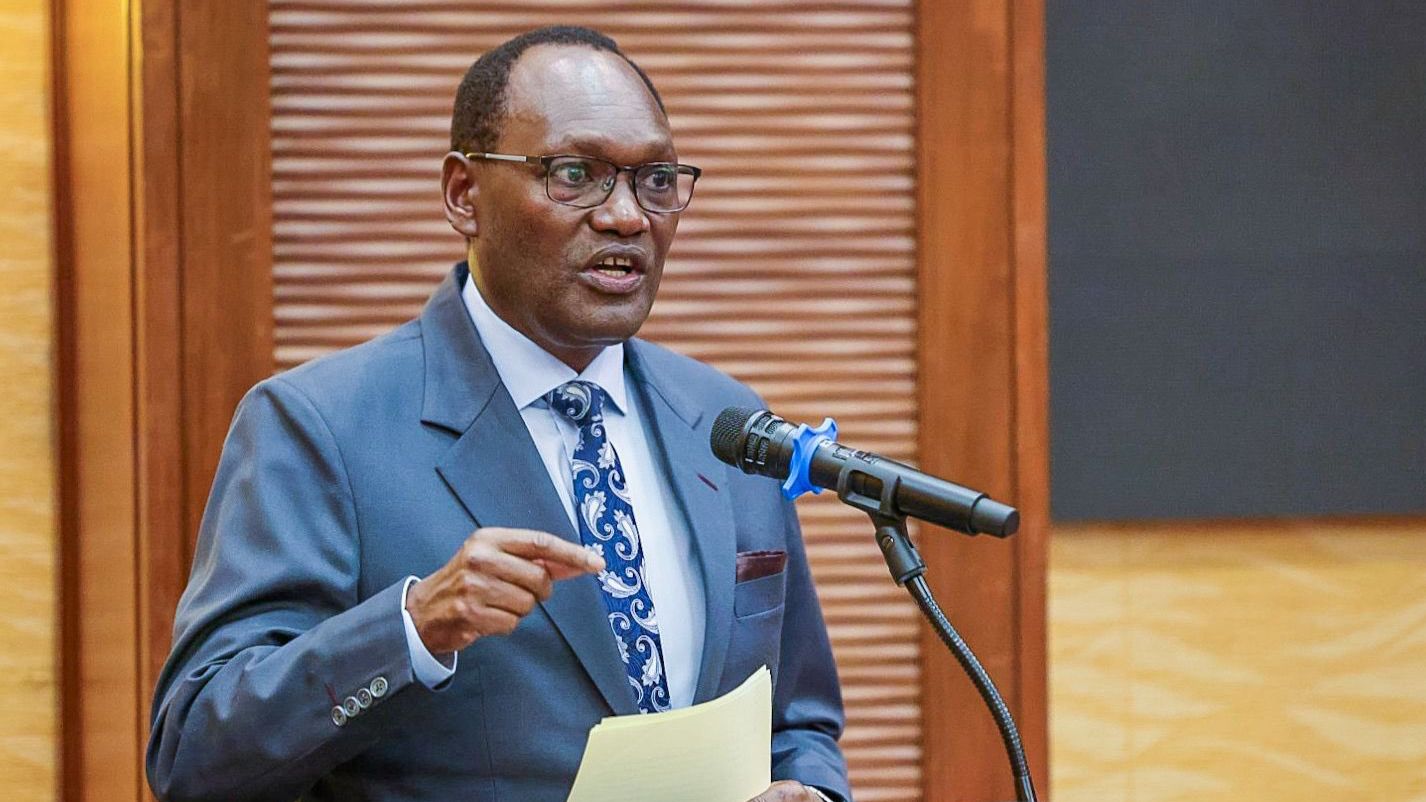
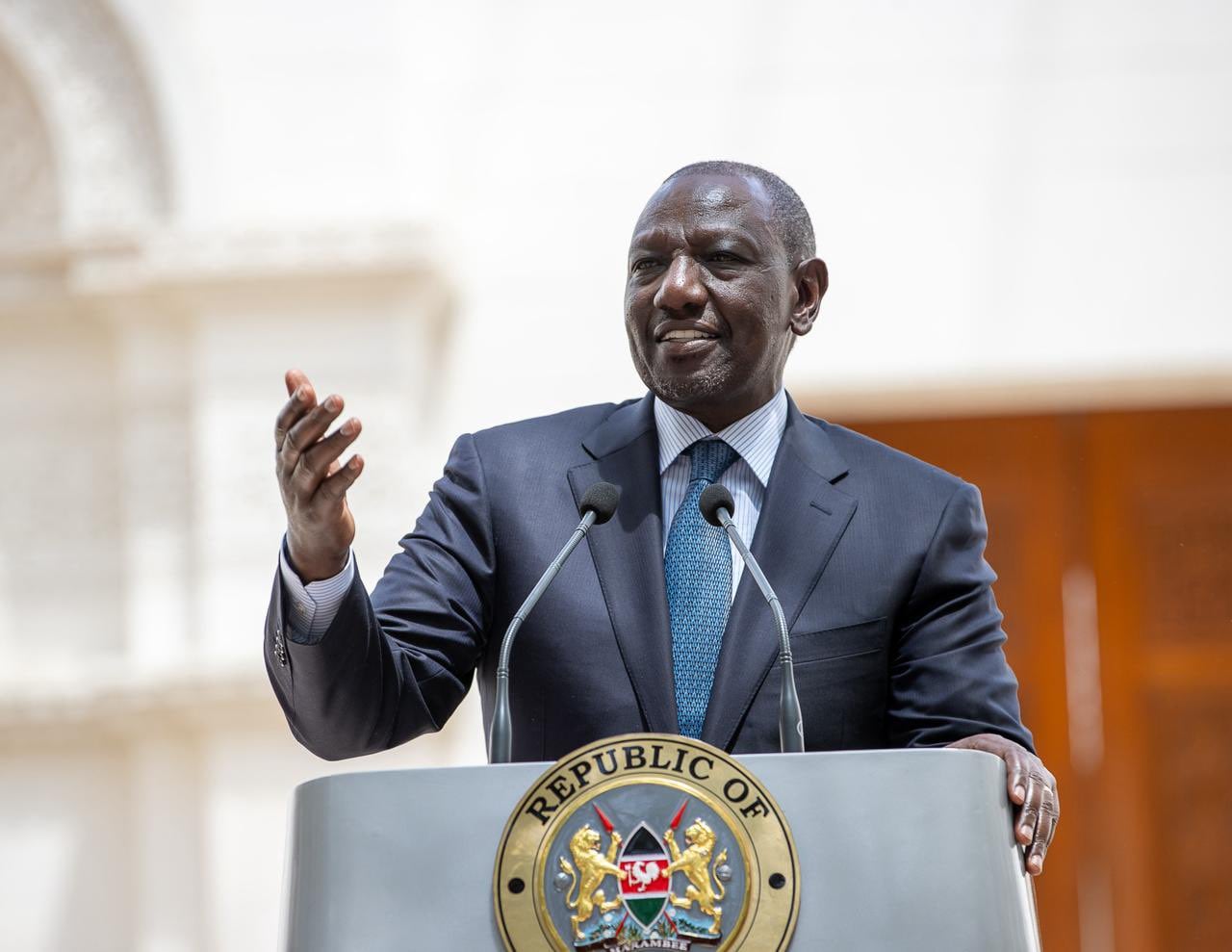
-1771562228.jpg)



